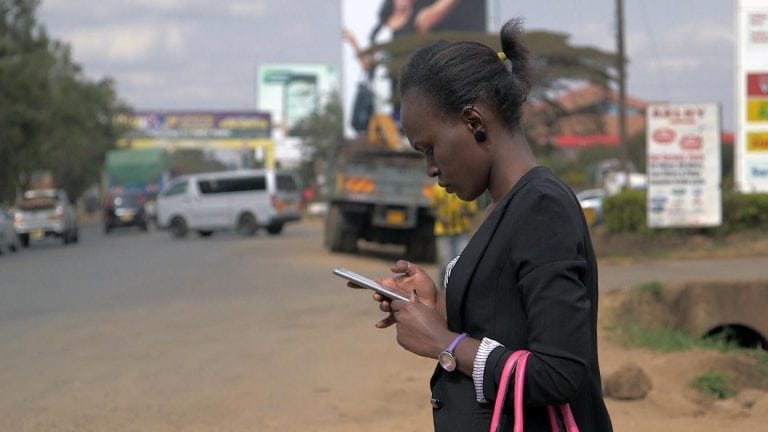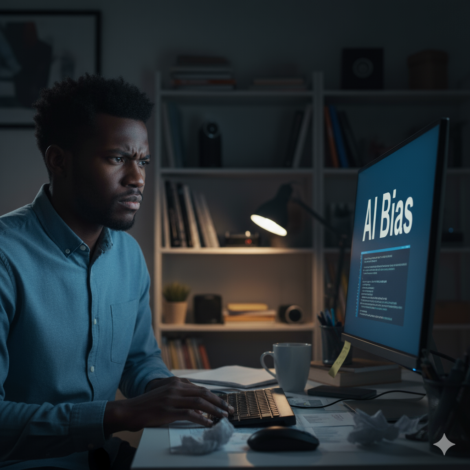Suggested Articles

A New Framework for Creating Meaningful Technology in Africa [Research...
General
Featured
Is it possible that aid organizations hand out technologies to Africans that are actually tools of colonialism? And could that also be true of devices that Africans willingly...
